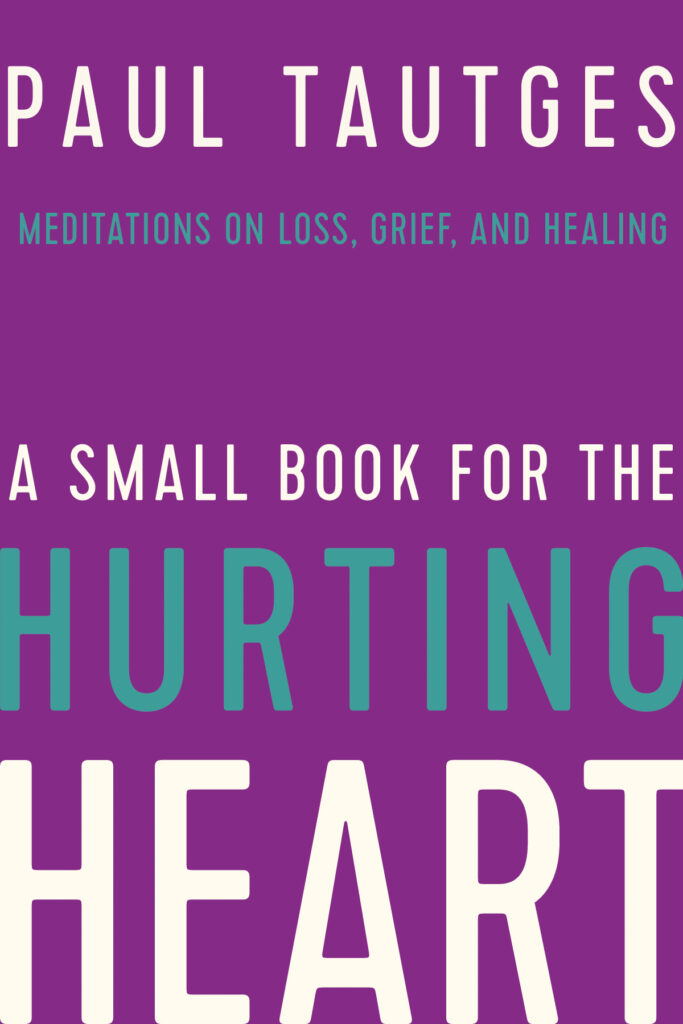You keep track of all my sorrows.
Psalm 56:8 NLT
You have collected all my tears in your bottle.
You have recorded each one in your book.
Your tears are important to God. They must be. He collects them in a bottle. Tears are a gift from God, a means to embracing your pain, releasing emotion, and revealing the depth of your love. Poetically, if God collects all the tears you cry during your life’s journey, if he keeps track of all your sorrows, then surely he cares about them. He is aware of what causes them. God records them all in his book!
Psalm 56 is a lament, a passionate expression of grief. In this case, it’s a musical expression of deep sorrow and humble prayer. As such, David turns toward God and begins with a simple plea, “Be gracious to me, O God” (Psalm 56:1). However, as he pleads with God for sustaining grace, David also draws strength from the assurance of divine care and protection. “This I know, that God is for me,” he reminds himself (Psalm 56:9).
Interestingly, the apostle Paul encourages believers in Jesus Christ the very same way. He brings the same stabilizing truth to our minds. “If God is for us, who can be against us? He who did not spare his own Son but gave him up for us all, how will he not also with him graciously give us all things?” (Romans 8:31–32).
Something bad has happened to you and you have suffered loss. As a result, you may be tempted to think of God as being distant or even against you. But if you belong to him, through repentant faith in Jesus as your Lord and Savior, there is nothing that can ever separate you from his love: not heartbreak, not distress, not disability, not death, not loss of any kind, nothing (Romans 8:38–39)!
How do I know this is true for you or for me? We know it because God gave his one and only Son to purchase us from the slave market of sin, in order to adopt us into his family (Galatians 4:5). If God did not hold back his only Son, but gave him up as a sacrifice, you are right to conclude that he will not withhold himself or his love from you. There is no need you have which he will not work overtime to meet. There is no hurt you cannot take to him.
Have you talked to God about your loss? You might want to memorize 1 Peter 5:7: “Cast all your cares on him, for he cares for you”!
Turn Your Eyes upon Jesus
My God, my God, why have you forsaken me?
Psalm 22:1–2
Why are you so far from saving me,
from the words of my groaning?
O my God, I cry by day, but you do not answer,
and by night, but I find no rest.
Life can hurt badly. Sometimes you may even feel forsaken and alone. But know this: Jesus experienced those feelings and more. The Father turned away from Jesus when our guilt and sin were placed upon the Lamb of God, and he was punished in our place. Jesus was abandoned, so that you and I would never have to be turned away. This is a major takeaway from Psalm 22.
The opening cry is the most well-known verse in the psalm, since it was fulfilled when it became Jesus’s own cry of abandonment while he hung upon the cross (Mark 15:34). But there is more here. These were first the words of King David, as his cry echoed the intensity of suffering in a fallen world. It paints a portrait of life in the darkest tones of gray. Here we see the reality of hurt, and its effects. But we also find hope that transcends pain and loss. The transparency of Psalm 22 allows us to enter David’s painful world, and then see the one to whom the Holy Spirit ultimately pointed—the Man of Sorrows, and our coming King, Jesus Christ.
For our sakes, the Holy Spirit recorded David’s real-life experiences in such a way that they also perfectly foreshadowed the Savior’s suffering. As David’s greater Son, the trouble and abuse our Savior endured are thoroughly described.
Consider Christ’s sufferings in light of Psalm 22. As mentioned above, Jesus cries David’s words “My God, my God, why have you forsaken me?” from the cross, expressing a deep sense of abandonment and loss of relationship (Mark 15:33–34). He is despised by others (Psalm 22:6). They mock him and “wag their heads,” insulting him verbally (v. 7 and Mark 15:27–32). He is alone and in trouble (v. 11), surrounded by enemies (vv. 12–13), crushed in spirit, and physically exhausted to the point of death (vv. 14–15). He suffered in- tense pain, physical abuse (v. 16), humiliation (v. 17), and the shame of nakedness (v. 18). Like David, Jesus realized he needed outside help (vv. 19–21).
Nevertheless, mingled throughout the horrific suffering described here are reassuring truths about the character of God. He is the ultimate source of hope and strength. God is holy (v. 3), trustworthy (v. 4), and near (vv. 9–10).
Life hurts, but God heals. He heals through Jesus. Because of Jesus’s suffering, you can be assured there is no grief or loss you experience that is outside his understanding or compassion. There is nothing beyond his redemption. David’s rescue resulted in him and others praising God (vv. 21–31). Jesus’s cry from the cross culminated in his resurrection from the dead three days later!
So, when your heart is broken, and your soul is disillusioned, turn your eyes upon Jesus. He truly understands and cares. He is the lover of your soul. Let’s close in prayer: “Dear Lord, fix my eyes upon Jesus, the founder and perfecter of our faith” (Hebrews 12:2).
Excerpted from A Small Book for the Hurting Heart: Meditations on Loss, Grief, and Healing ©2020 by Paul Tautges. May not be reproduced without prior written permission.






